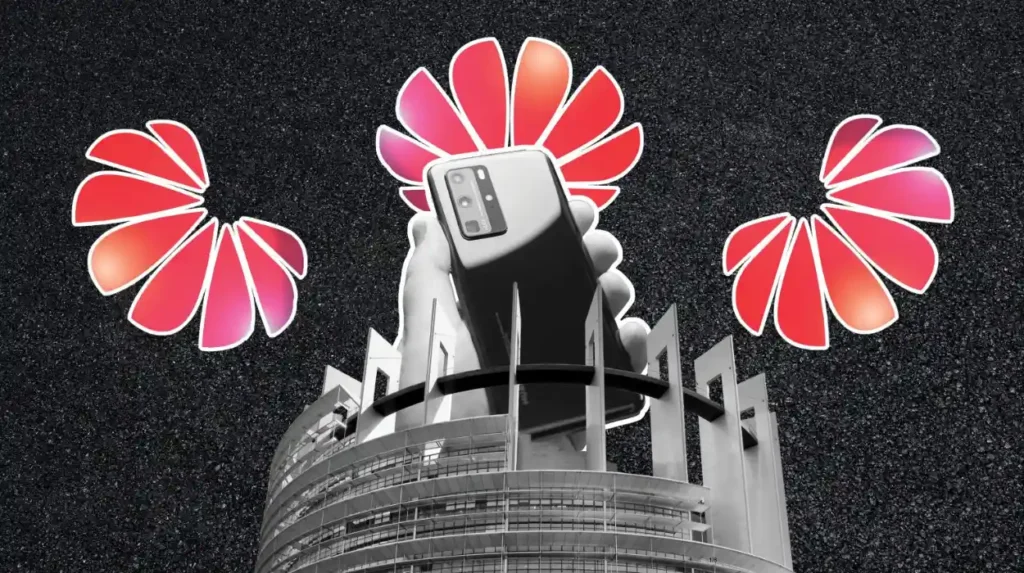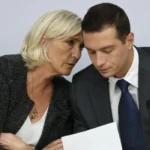In March 2025, a sweeping investigation by Belgian authorities exposed a covert and systematic corruption scheme involving Huawei, the Chinese telecommunications giant, and members of the European Parliament (MEPs). The scandal, which culminated in multiple arrests and raids across Belgium and Portugal, has sent shockwaves through Brussels, exposing the murky world of illicit lobbying and raising urgent questions about transparency, ethics, and foreign influence in European policy making.
The Unfolding of the Scandal
The investigation began in earnest after Belgian police raided 21 locations in three countries, including Huawei’s Brussels headquarters and offices of parliamentary assistants. Among those arrested was Valerio O., a key figure in the lobbying network. The probe revealed that Huawei had engaged in a covert influence campaign within the European Parliament dating back to 2021.
According to Belgian prosecutors, Huawei representatives allegedly offered bribes to MEPs and their assistants under the guise of commercial lobbying. These bribes included remuneration disguised as consultancy fees, lavish gifts such as expensive meals, travel expenses, and regular invitations to football matches. The aim was clear: to secure favorable political positions on issues critical to Huawei’s business interests.
The Belgian prosecutor described the corruption as being “practised regularly and very discreetly, under the guise of commercial lobbying,”
highlighting the sophisticated and hidden nature of the scheme.
The Mechanics of the Lobbying Operation
The scandal centered on a letter promoted by the office of MEP Raffaele Martusciello, which, although it did not explicitly mention Huawei, was allegedly crafted to advance the company’s interests. Investigators believe that payments were made to the letter’s author and co-signatories, disguised as campaign expenses or consultancy fees, effectively laundering bribes through legitimate political activities.
Eight individuals were charged with offenses including corruption, money laundering, and participation in a criminal organization. Of these, three remain in custody, three are under electronic surveillance, and two were released under conditions. While five of the eight MEPs who signed the letter denied receiving payments from Huawei, the investigation continues to probe the extent of the company’s influence.
Institutional Responses: Suspension and Blacklisting
In response to the scandal, the European Parliament took the unprecedented step of suspending Huawei lobbyists from accessing its premises in Brussels, Strasbourg, and Luxembourg. This move was a precautionary measure to prevent further undue influence while investigations are ongoing.
The European Commission followed suit by suspending all relations with Huawei, announcing that
“The Commission shall not meet with any lobby groups and/or trade associations that represent Huawei’s interests and/or speak on its behalf,”
as stated by a Commission spokesperson. This ban extends to any intermediaries acting on Huawei’s behalf, effectively blacklisting the company from official EU policy discussions.
These measures reflect the gravity of the allegations and the EU’s determination to safeguard its institutional integrity against foreign interference.
Huawei’s Official Stance
Huawei has publicly condemned the allegations and pledged full cooperation with the investigation. The company emphasized its commitment to ethical conduct, stating it has a
“zero-tolerance policy toward corruption or other wrongdoing”
and is
“committed to complying with all applicable laws and regulations at all times.”
Despite these assurances, the scandal has severely damaged Huawei’s reputation within the EU, complicating its lobbying efforts and casting a shadow over its business operations in Europe.
Broader Implications for EU Governance and Lobbying Transparency
The Huawei corruption scandal exposes significant vulnerabilities in the EU’s lobbying and ethics frameworks. It reveals how foreign companies can exploit gaps in oversight to influence policy through illicit means, undermining democratic processes and public trust.
Experts argue that the scandal underscores the urgent need for legally binding rules governing lobbying activities within the EU. The upcoming June 2025 review of the EU Lobby Register presents a critical opportunity to implement stricter transparency and accountability measures.
The scandal also raises questions about the effectiveness of current ethics rules and the enforcement mechanisms in place to detect and prevent corruption. As one analyst noted, the case
“shows the EU has learned no lessons”
from previous lobbying controversies, highlighting systemic weaknesses that must be addressed.
The Human Element: Confessions from Within
Amid the investigation, insiders have begun to reveal the inner workings of Huawei’s lobbying apparatus. A former lobbyist involved in the campaign confessed to the deliberate strategy of blending legitimate commercial lobbying with covert bribery to manipulate EU policy outcomes.
This individual described how gifts, travel, and financial incentives were routinely used to cultivate relationships with MEPs and their staff, creating a network of influence that operated largely undetected. The lobbyist’s confession sheds light on the blurred lines between lawful advocacy and corrupt practices, emphasizing the challenges regulators face in distinguishing between the two.
The Political Fallout and Future Outlook
The scandal has prompted intense political debate within the European Parliament and among member states. Calls for greater scrutiny of foreign lobbying activities have intensified, with some politicians demanding a comprehensive overhaul of the EU’s lobbying regulations.
The case also complicates EU-China relations, as Huawei remains a key player in Europe’s telecommunications infrastructure, especially in the rollout of 5G technology. The revelations have fueled skepticism about Huawei’s intentions and the security risks associated with its involvement in critical infrastructure.
As investigations continue, the European Parliament and Commission are likely to maintain strict restrictions on Huawei’s access to EU institutions. Meanwhile, the broader lobbying community faces increased pressure to enhance transparency and ethical standards.
The Huawei lobbying scandal represents a watershed moment for the European Union’s fight against corruption and foreign interference. The confessions of a Huawei lobbyist and the subsequent legal actions reveal a calculated and covert campaign to sway EU policy through illicit means, challenging the integrity of European democratic institutions.
The swift institutional response—suspending Huawei lobbyists and blacklisting related groups—signals a new era of vigilance and zero tolerance for corruption. However, the scandal also exposes systemic weaknesses in the EU’s regulatory framework that must be addressed to prevent future abuses.
As the EU prepares for a critical review of its lobbying rules, the Huawei case stands as a stark reminder of the need for robust, enforceable standards that protect democratic processes from covert influence and ensure transparency in policymaking. The coming months will be pivotal in shaping the future of lobbying regulation and safeguarding the EU’s political integrity in an increasingly complex global landscape.







